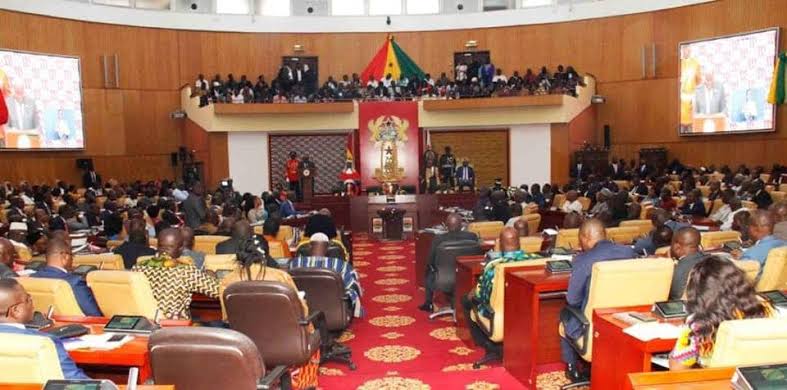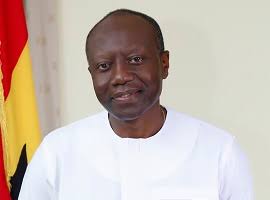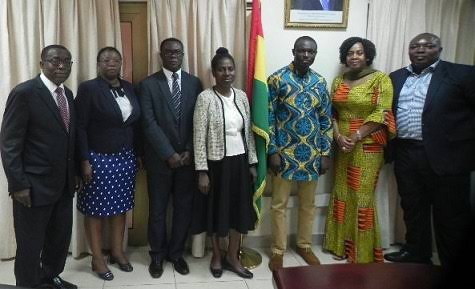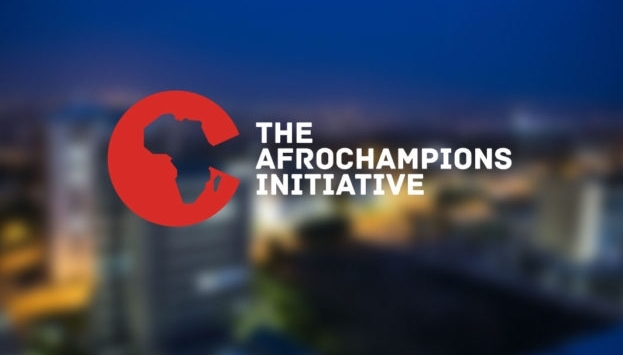Ghana Will Not Join the 5G Internet Soon, Says Telecoms Chamber
Ghanaians who reacted to the news of Nigeria’s test run of the 5G internet network great expectations that their country may follow suit are in for a shocker as the country’s chamber of telecommunications said they will have to wait a bit longer as such venture requires huge investment. Speaking on the development, the CEO of the telecoms chamber Ken Ashigbe said Ghana will have to put in more to experience the superfast internet service.

The CEO said that it will take a little while to have 5G in Ghana because the country will need to move the 4G network to about 80% before moving to 5G. At present, Ghana has just 6% investment in 4G, and moving to 5G requires a lot and so it might take a little more time, he added.
He also noted: “The valuation of spectrum should be based on market conditions. We pray that government will price the spectrum such that it can be purchased easily. We should be able to follow some countries who do not sell the spectrum too high. It is sold such that government does not lose in selling it as well. We need to definitely look at the price of spectrum”.
5G is the fifth generation of cellular network technology. 5G can support up to a million devices per square kilometer, while 4G supports only up to 100,000 devices per square kilometer. The top countries with 5G include South Korea, the United Kingdom, Germany, and the United States. Swedish telecoms giant Ericsson has predicted that 5G internet will cover up to 65% of the world’s population by the end of 2025.
In a recent report by a global telecoms equipment supplier, 5G would handle 45% of global mobile data traffic within six years.
Kelechi Deca

Kelechi Deca has over two decades of media experience, he has traveled to over 77 countries reporting on multilateral development institutions, international business, trade, travels, culture, and diplomacy. He is also a petrol head with in-depth knowledge of automobiles and the auto industry





















